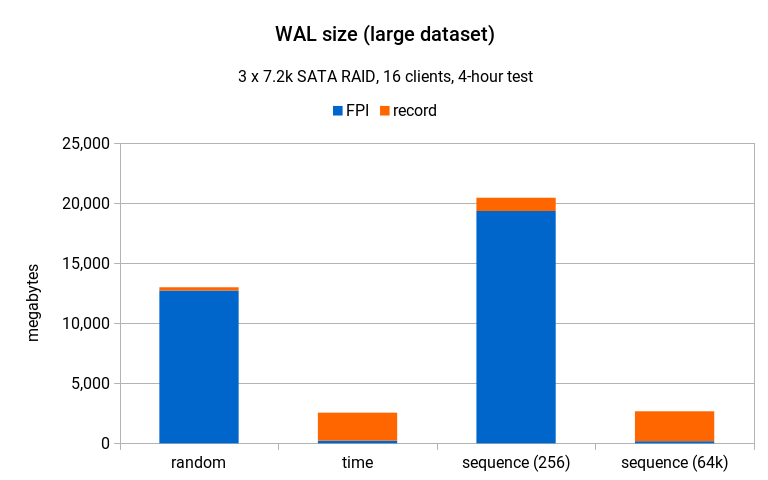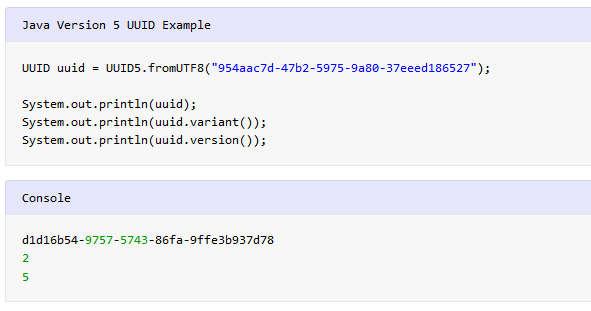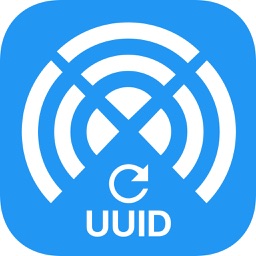
- #Region uuid generator update#
- #Region uuid generator full#
The unique identifier of the Agora Console account that creates the whiteboard project. The room UUID, which is the unique identifier of a room. Agora recommends setting it to 0.ĭescription of parameters in the response: Parameter If you set this to 0, there is no maximum. The maximum number of users with a writer or admin token who can be in the room at the same time. This parameter is false by defaut for us-sv, sg, in-mum, gb-lon region.
cn-hz: Hangzhou, China, which provides services to the areas not covered by other data centers. gb-lon: London, England, which provides services to Europe. in-mum: Mumbai, India, which provides services to India. sg: Singapore, which provides services to Singapore, East Asia, and Southeast Asia. us-sv: Silicon Valley, US, which provides services to North America and South America. Specifies a data center to process the request: See Generate a token from your app server. See Get security credentials for your whiteboard project. Get a test-purpose SDK token from Agora Console. The SDK token, which can be obtained through one of the following methods: Pass in the following parameters in the request header: Parameter  Modification does not cause a new UUID to be assigned.Call this API to create a live room. Only one instance of these can exist in-world at any time. The parcel UUID is returned by llGetParcelDetails. This information is technically available to the public but there is no interface to get at it directly (the UUIDs are sent to the client but consumed internally and never exposed to the user). While avatar UUIDs have been using Version 4 UUIDs for more than a decade, you cannot assume that because a given key is not Version 4, that the asset the key is linked to is not an avatar - this is because older accounts have a non-standard UUID format assigned to them. The avatar UUID is returned by llGetOwner and other functions. Group - Public or private depending on setup. The instance UUID is what is returned by llGetKey and other functions.Īccount UUIDs are assigned during the creation process and never change.
Modification does not cause a new UUID to be assigned.Call this API to create a live room. Only one instance of these can exist in-world at any time. The parcel UUID is returned by llGetParcelDetails. This information is technically available to the public but there is no interface to get at it directly (the UUIDs are sent to the client but consumed internally and never exposed to the user). While avatar UUIDs have been using Version 4 UUIDs for more than a decade, you cannot assume that because a given key is not Version 4, that the asset the key is linked to is not an avatar - this is because older accounts have a non-standard UUID format assigned to them. The avatar UUID is returned by llGetOwner and other functions. Group - Public or private depending on setup. The instance UUID is what is returned by llGetKey and other functions.Īccount UUIDs are assigned during the creation process and never change. 
An avatar's attachment keeps its instance UUID when the user teleports or moves from one region to another (they are not kept when an avatar logs off). Before they are deleted, they are placed in a database where they await deletion but can still be revived.Įvery time an object is rezzed, all the prims (including the root prim) are assigned instance UUIDs.
Assets that are no longer inventory and are not referenced by any script are eventually deleted. The asset isn't created until the notecard is edited and then saved. 
That is to say, new notecards have an asset UUID of NULL_KEY.
Brand new notecards are just asset wrappers without an asset. #Region uuid generator update#
Modifying an instance of an asset will not update other instances or inventory copies.
When an Object is modified in-world, it is not assigned a new asset UUID until it is de rezzed, copied back to inventory or during sim-state save. The appearance is that modified inventory items are assigned new UUIDs. Assets are immutable (they cannot be modified) when the user is editing an asset, they are in fact creating new assets. #Region uuid generator full#
Full (asset) permissions are required to get the UUID. The asset UUID is what is returned by llGetInventoryKey and by the "Copy UUID" feature in the client. The link is the asset UUID.Īsset UUIDs are used as the handle for all types that can be inventory items. The wrapper contains the permissions, creator & owner of the asset and a link to the asset. The inventory item is really just a wrapper around an asset. Inventory as it is thought of is only a permissions layer.

All avatar UUIDs post ~Jan 2006, exact date TBD), you may find Version 5 UUIDs (Generated by llGenerateKey, July 2012 - present ( STC)), Version 3 UUIDs (Generated by llGenerateKey, prior to July 2012), and non-standard UUIDs (All UUIDs prior to ~Jan 2006, Exact date TBD), ∞-present for some assets (e.g. While SL uses Version 4 UUIDs for some things (ex. Key uuid = "xxxxxxxx-xxxx-4xxx-yxxx-xxxxxxxxxxxx" // where: // 4 is 4 // x is // y is UUID Version








 0 kommentar(er)
0 kommentar(er)
